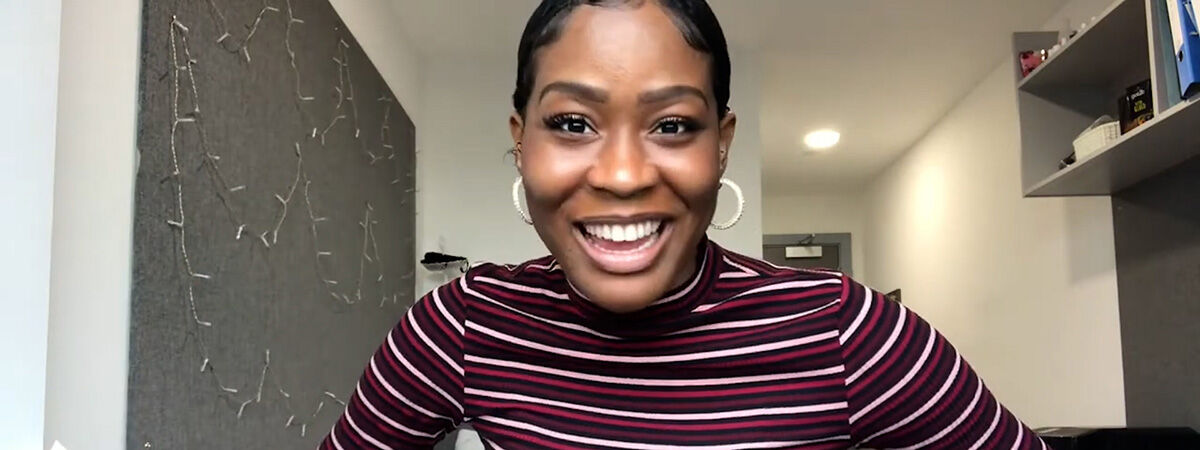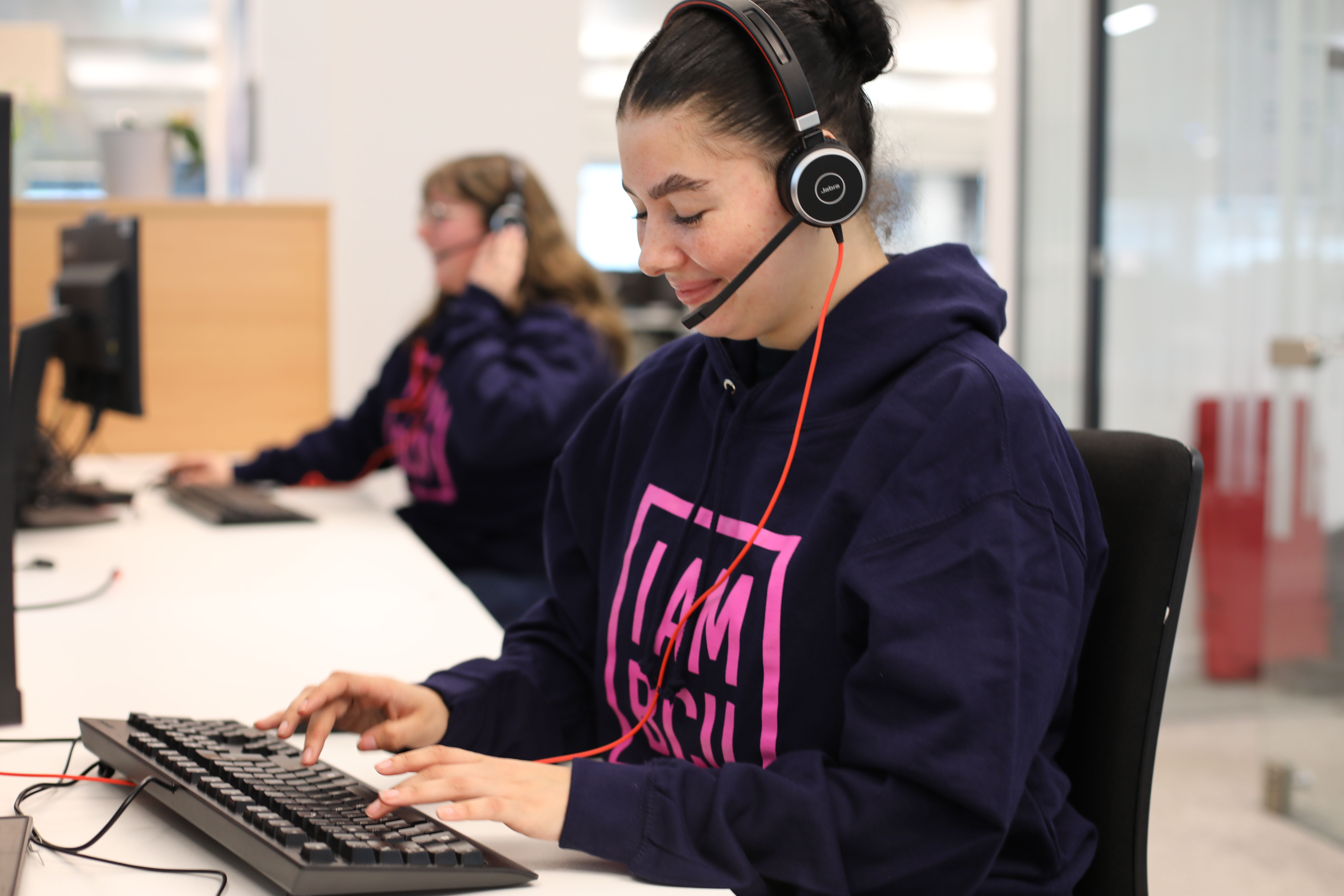The difference between school or college and uni
Birmingham City University vlogger Maro talks through some of the differences you will find between being at school or college to when you start at uni.
1. You choose what you want to study
University is your chance to choose a subject that you love and to study it all the time! And we mean all the time – which is why it’s important that you choose wisely. Cut out all the bits of college or sixth form that you’re not keen on and focus on your passion.
2. No more A levels/BTECs!
Once you’ve finished college, you’ll be pleased to know that you don’t have to take another A Level or BTEC again! As you’ll be aware, A Levels are largely exam and coursework-based, whereas BTECs are coursework-focused. However, one of the main differences between university and college is the method of assignment: from writing academic reviews and essays to working in a team and delivering a presentation, there is a wide variety of projects that you can be assessed on, which makes university an interesting and dynamic place to study. This is largely reflected in what degree you choose as some courses may require more practical assessment over others.
3. Your grades
Gone are the days that you’ll be marked from a grade A*-C or Pass, Merit and Distinction in your assessments. At university, the grading system is completely different compared to college or sixth form. You may have heard of a first, a second class or a third class honours, which is how the majority of UK universities grade student assessments.
- First Class Honours (1st) – this is the highest grade you can obtain and you will receive this if you achieve 70% or above in your assignments.
- Second Class Honours: upper division (2:1) – this is the second highest grade you can attain and you will receive this if you achieve 60–69% in your assignments.
- Second Class Honours: lower division (2:2) – if you receive 50-59% in your assignments, you’ll be graded a 2:2.
- Third Class Honours – you’ll receive this classification if you’re graded 40–49% in your assignments.
4. Terminology – college vs university
If you’ve studied in the UK from early years right up to college or sixth form, you’ll know that you never call a teacher by their first name. At university, you don’t need to do this as you’re encouraged to call staff by their first names. As well as this, you don’t use the phrase “teacher” at university, instead they’re called an “academic” or a “lecturer”. Our A-Z of university unravels all of the terminology you need to know so you can prepare yourself before coming to university.
5. How you learn
Bored of learning in the same four walls of your classroom in college? You’ll be glad to know that at university your whole learning environment is entirely different as you’ll be taking lectures and seminars; what are those, you ask? Well, a lecture is essentially a one-hour lesson delivered by an academic in a large hall with all of your other peers who are on the same course. You will arrive and take notes with either your laptop/notepad and digest all of the information, making it easier when it comes around to preparing for your assignments.
A seminar is a more in-depth discussion which usually comes after your lecture; it gives you and your peers a chance to ask your academic anything you didn’t understand, have group discussions and work on tasks set by your academic so you can get to grips with the topic that was delivered earlier on in your lecture.
6. Independent study
Unlike at college or sixth form, your lecturers won’t be calling home if you don’t show up, or issuing detentions if you don’t complete your work; you’re solely responsible for your own learning and progress at university. The dynamic you have with your lecturer will be new: they’ll treat you like an adult and expect you to act like one by showing up and participating.
At university, timetables allow for a set number of contact hours and you’ll be expected to use the rest of your time wisely through independent study, but you might also want to fill your time with a part-time job, family responsibilities and seeing your new uni friends. This is where you’ll need to organise your days and know how to manage your time and be productive.
At university, you won’t be entirely on your own. Your lecturers will want you to succeed and do well in your assignments, they will go to great lengths to support you and see you achieve. You can utilise their office hours, which allow students to see their lecturer or personal tutor on a one-to-one basis, to discuss any concerns or questions about their work; this is a key part of students’ development at university.
7. Facilities
Universities are often big places and here at BCU we have two multimillion-pound campuses, featuring our libraries hosting 125 million resources, our simulated hospital wards, and our four TV studios, including one of the largest fixed green screens in the UK. You won’t be short of resources here at BCU!

